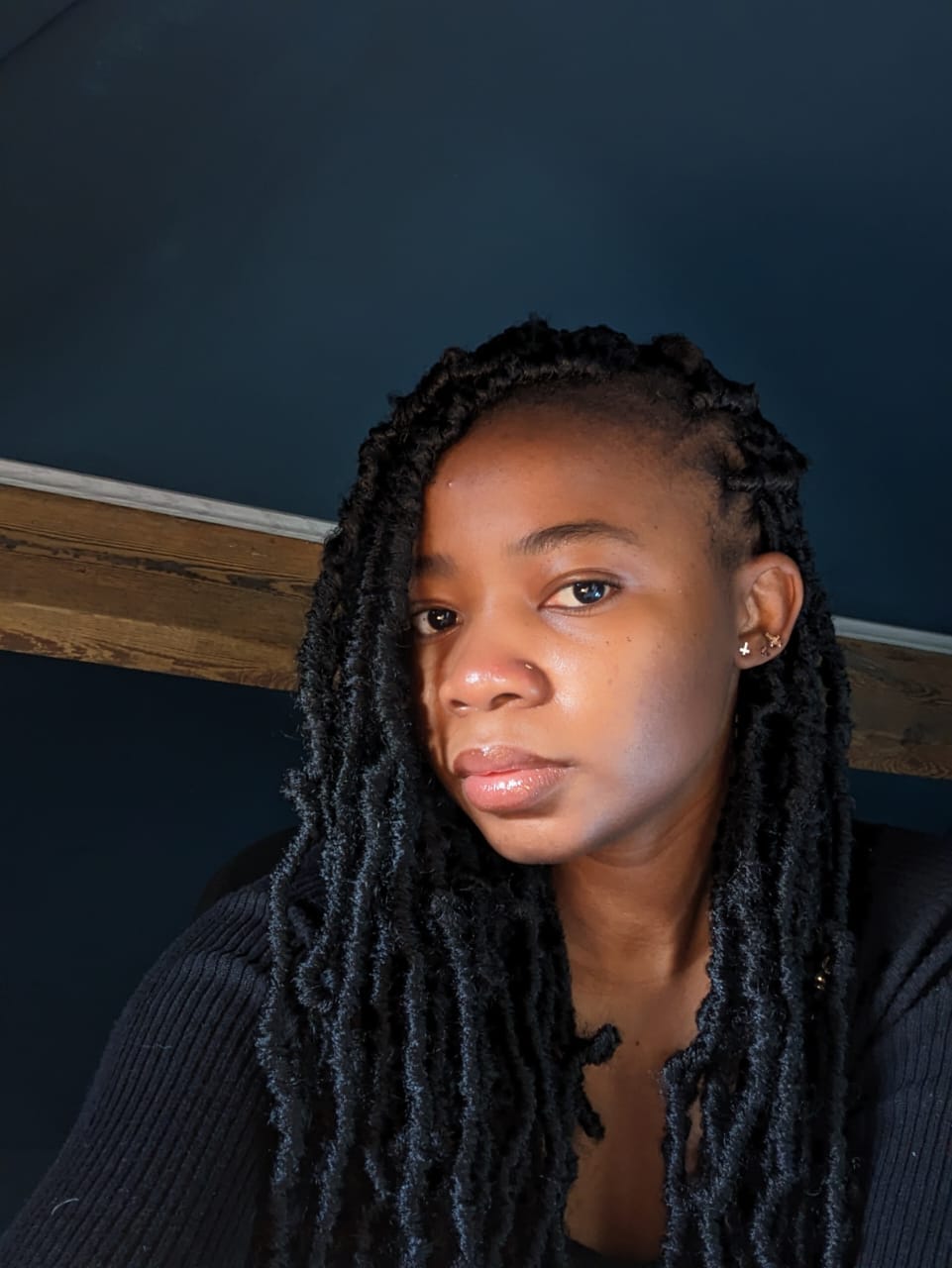Last week’s edition of Ellipsis featured her personal essay In Defense of Silence: A Portable Paradise, a meditation on the power of silence in the face of life’s challenges and changes from the perspective of an immigrant navigating new cultures and realities.
“Adeola Opeyemi is a writer, editor and retired painter.”
Tolu Daniel: In your essay In Defens…






